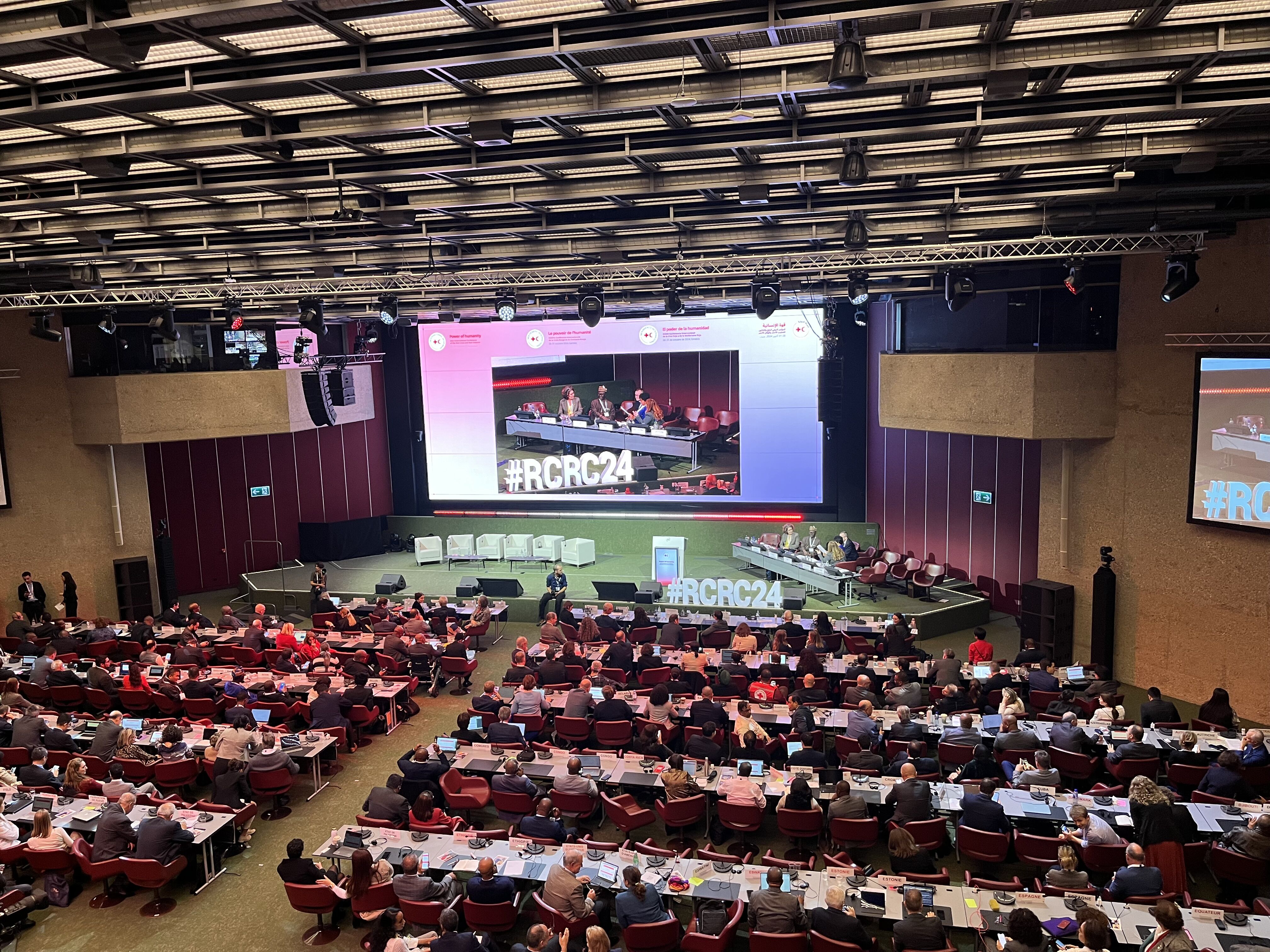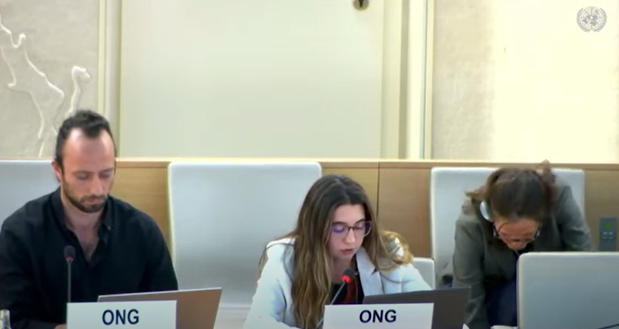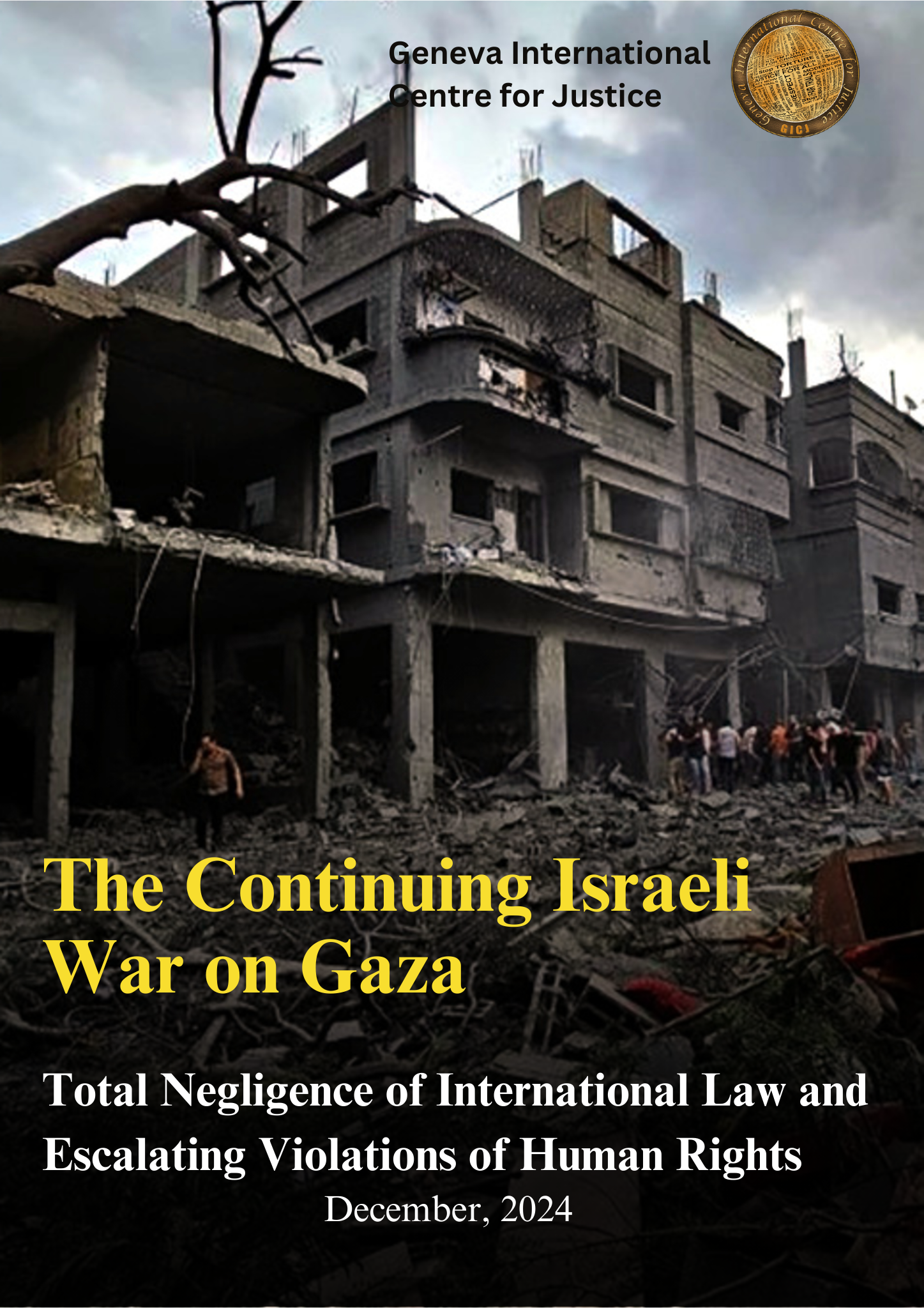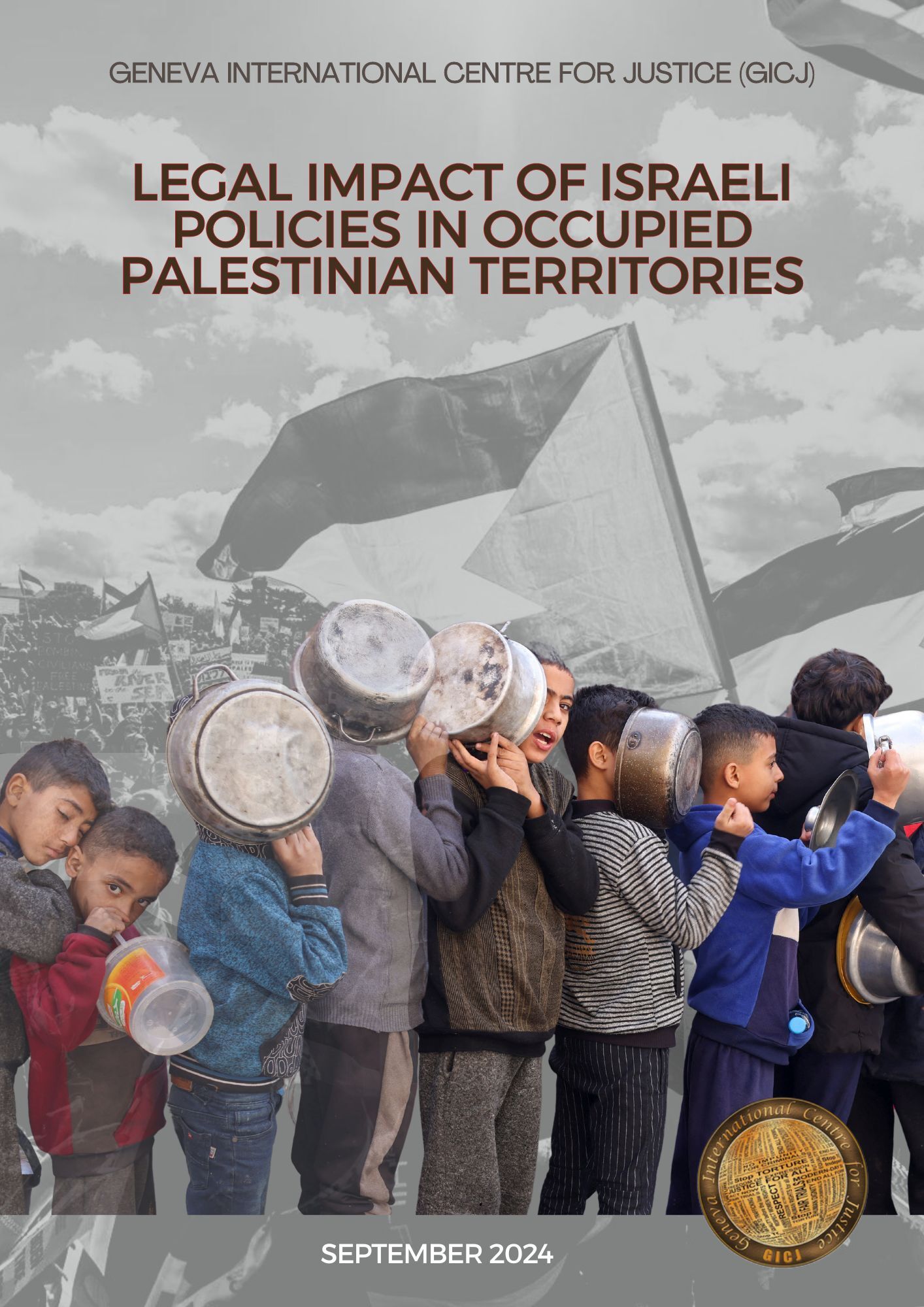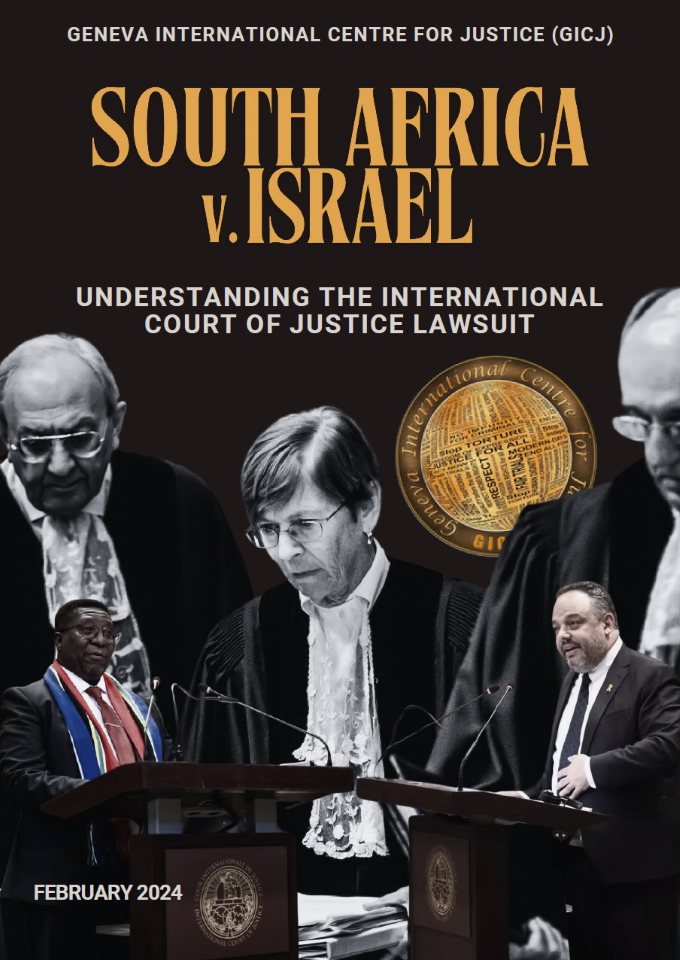By Farah C. / GICJ
At the 51st session of the Human Rights Council, in October 2022, a draft resolution was introduced by a group of countries (including the United States of America, the United Kingdom, Norway, Canada, Sweden, Finland, Iceland, Denmark, Australia and Lithuania). They called for a debate to be held at the 52nd session of the Council, in March 2023, on the “situation of human rights in the Xinjiang Uyghur Autonomous Region (XUAR)”. It was rejected by 19 votes against, 17 votes in favour. 11 abstentions were counted.
This resolution was long awaited, and was seen as the next tangible step in the advocacy work after the report on the situation of human rights in the XUAR was released by the office of the High Commissioner for Human Rights (OHCHR), on the 30th of August [1]. Numerous human rights groups, including GICJ, spoke out in favour of a special discussion to be held regarding this matter.
Since 2017, experts have expressed alarm over the widespread human rights violations of East Turkestan’s ethnic and religious minorities by the Chinese government on the basis of national security and fighting extremism. In 2020, 50 Special Rapporteurs and experts released a joint statement that raised concerns again on the severity of the situation in this region. They also highlighted the treatment of minorities in the Tibet Autonomous Region, the repression and use of force in the Hong Kong Special Administrative Region as well as the crackdown on people speaking out about any of the country's issues, as we have seen recently during the coronavirus outbreak. They reiterated their call in June 2022, just before the HRC50.
Each time, the experts suggested multiple actions the Human Rights Council could engage with. They recommended the organisation of a Special Session to discuss and assess the range of the allegations against the State. They proposed the establishment of an independent and impartial mechanism of the UN, whether a Special Rapporteur, a panel of experts, or a Secretary General Special Envoy. These mandates would have to monitor and annually report on the situation of human rights in China, especially on the urgent situations mentioned above.
Then, on the 31st of August 2022, a couple of minutes before the end of the High Commissioner Michelle Bachelet’s mandate, the OHCHR released a report called “OHCHR Assessment of human rights concerns in the Xinjiang Uyghur Autonomous Region, People’s Republic of China”. The report clearly established, pursuant to the information they had on the 2017-2019 period and after, that the “[...]context of restrictions and deprivation more generally of fundamental rights enjoyed individually and collectively, may constitute international crimes, in particular crimes against humanity.”
A couple of days after that report, UN independent experts reiterated their call for the establishment of a Special Session on human rights in China. To be convened, a special session needs the support of one third of the 47 Members of the HRC. They also renewed their call for a UN independent mechanism to be created.
The vote on this long awaited resolution introduced at the HRC51 may have inspired some hope. The aim of it was simpler than the suggestions mentioned above. To increase the likelihood of its adoption, the United States and those supporting it insisted that the main purpose was for a discussion to be held, nothing more. This would enable China to reply to the allegations and participate in a constructive dialogue.
The core group tabling the resolution was mainly composed of Western States. Other States gave their support, like Türkiye and France.
 This has obviously caused China to denounce the politicisation of this draft resolution. On the 6th of October 2022, before the vote, China recalled that it never recognised the report of the High Commissioner on human rights in Xinjiang.The delegation reiterated that China considers the report a breach to their sovereignty and a ”fabric of lies”, despite the numerous pieces of credible evidence and witnesses brought forward for years now and from many organisations throughout the world.
This has obviously caused China to denounce the politicisation of this draft resolution. On the 6th of October 2022, before the vote, China recalled that it never recognised the report of the High Commissioner on human rights in Xinjiang.The delegation reiterated that China considers the report a breach to their sovereignty and a ”fabric of lies”, despite the numerous pieces of credible evidence and witnesses brought forward for years now and from many organisations throughout the world.
Special credits must be given to Muslim country members of the council. Only one voted in favour of the resolution (Somalia). Indonesia, Qatar and Pakistan even took the floor to lamentably justify their vote against. Indonesia, in particular, declared at length how its country was at the forefront of defending its Muslim’s brothers and sisters’ best interests, only to vote against.

A point of consensus is that all Southern States agreed on denouncing the double standard of some States in the Human Rights Council, and the lack of real weight they have in the face of the double-standard’s games played by powerful nations, like the USA.
Geneva International Centre for justice (GICJ) would like to emphasise once again that millions of persons are suffering at the hands of the Chinese government and many more are threatened by the global inaction of States, despite tangible evidence of the atrocities committed. Member States of the Human Rights Council have the mandate to protect human rights.This was the occasion for southern countries, especially Muslim countries, to act as leaders, bring a resolution to the table and build a coalition around them. GICJ has always condemned the lack of consistency in the US positions and will continue to do so. However, this time, the US has the credit of having done something for Uyghur victims while Muslim countries have stayed silent.

HRC51, Human Rights Council, China, Uyghur, Resolution, High Commissioner, Crimes against humanity, Vote, Geneva International Centre for Justice, GICJ.
[1] Read the full report here: OHCHR Assessment of human rights concerns in the Xinjiang Uyghur Autonomous Region, People’s Republic of China





